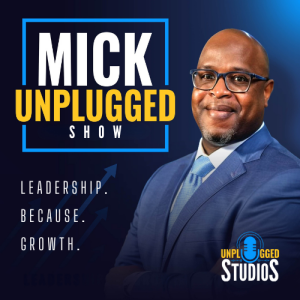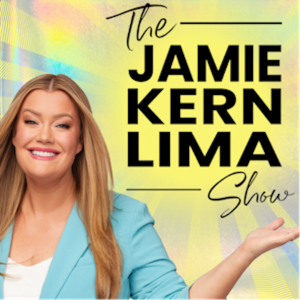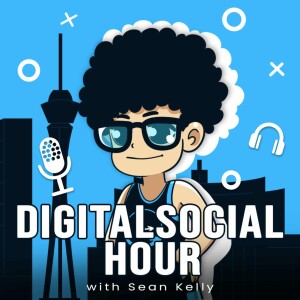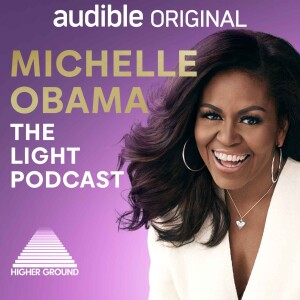

In today's episode, we're going to unpack the Sadia Khan scandal and use it to discuss a wider problem: when influencer brands borrow clinical language, how does that harm clients and licensed professionals? We'll will give you practical tips for verifying credentials and protecting your mental health online. Rachel is talking about allegations reported in public sources — not claiming any court or regulator has convicted anyone here.
🔗 Show Notes & Resources
📰 News Sources
India Times – Sadia Khan dating coach controversy: Viral voice note sparks cheating claims — Coverage of the affair allegations and leaked audio fueling the current drama.
- Primetimer – Profile on Sadia Khan — Background on her brand, social media following, and positioning as a dating coach.
✅ Verify Credentials (UK & US)
HCPC Misuse of Title — Why certain psychology titles are legally protected in the UK.
HCPC Register — Search the official UK register to confirm if someone is a practitioner psychologist.
British Psychological Society – Protected Titles — Explanation of what titles mean and who can use them.
- APA Services – State Psychology Licensing Boards — U.S. listeners: find your state board and check licenses.
📊 Research & Guidance on Misinformation
APA – How to Address Misinformation About Mental Health — Tools for clinicians and consumers to spot false claims.
BMJ Mental Health – Systematic Review of Mental Health Misinformation on Social Media — Evidence on how common and harmful online misinformation is.
🧭 Coaching Industry & Boundaries
International Coaching Federation – Ethics & Professional Standards — Shows the limits of regulation in coaching.
BPS Division of Coaching Psychology — Guidance on keeping coaching and therapy distinct.
👉 If you want to protect yourself when looking for help online: check the registers, ask for evidence, and don’t confuse charisma with credentials.
If this episode helped you think more critically about who you follow for mental-health advice, share it. If you’re a clinician who’s seeing the fallout of influencer misinformation in your practice, DM me — I want to hear your stories for a future episode.
Follow me for more real, relatable mental health support:
- Instagram: https://instagram.com/rachelblogglcsw
- TikTok: https://tiktok.com/@rachelwblogg
- Facebook: https://facebook.com/rachelbloggLCSW
- YouTube: https://www.youtube.com/@RachelBlogg-LCSW
The podcast content is intended for informational and educational purposes only and should not be considered a substitute for professional medical or mental health advice.
More Episodes
All Episodes>>Create Your Podcast In Minutes
- Full-featured podcast site
- Unlimited storage and bandwidth
- Comprehensive podcast stats
- Distribute to Apple Podcasts, Spotify, and more
- Make money with your podcast












